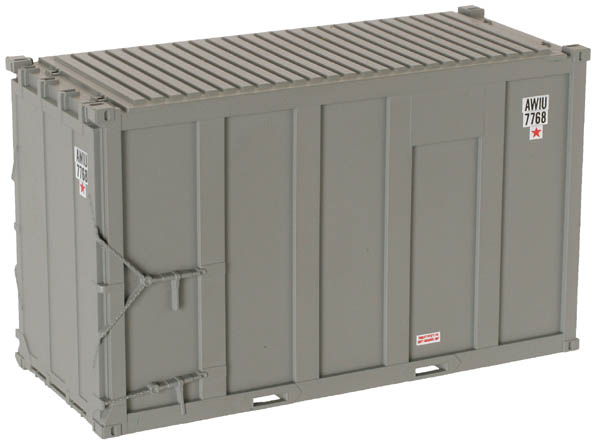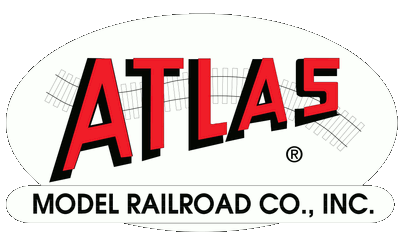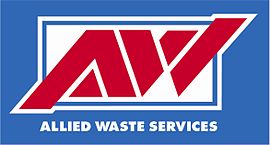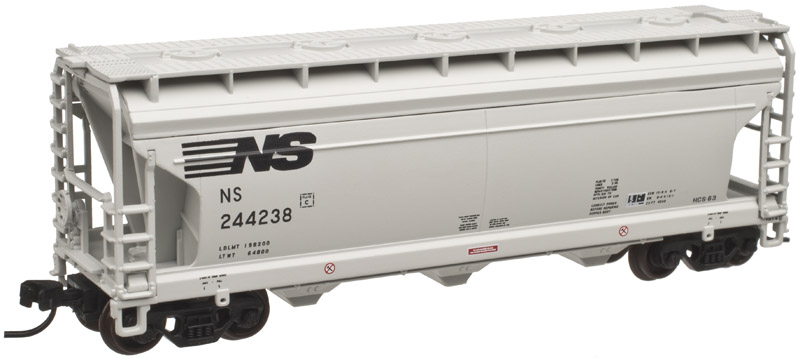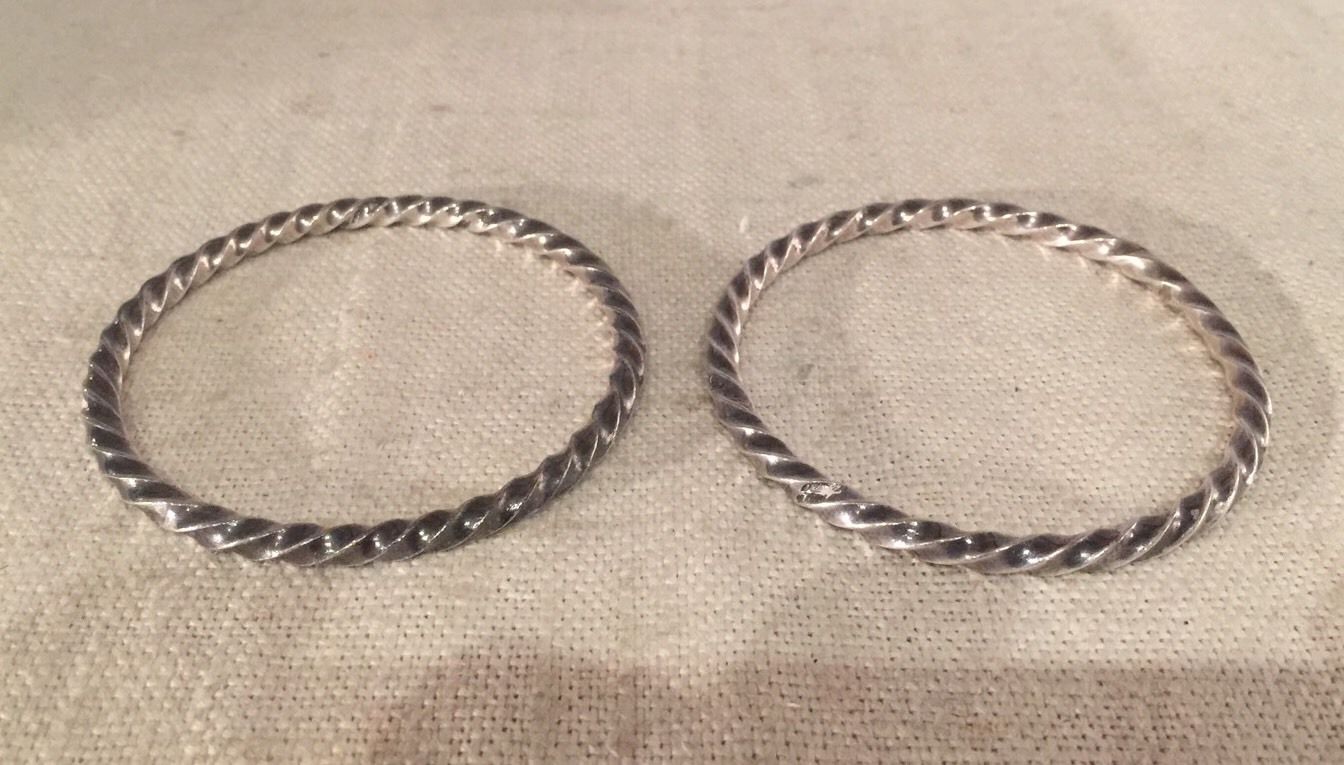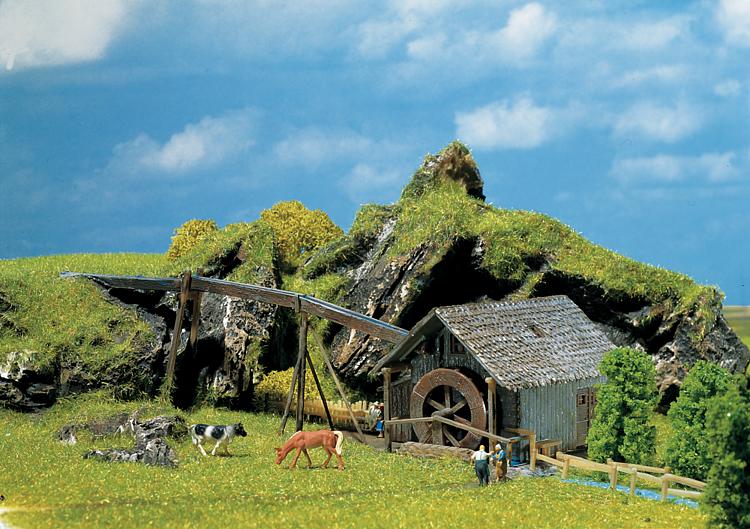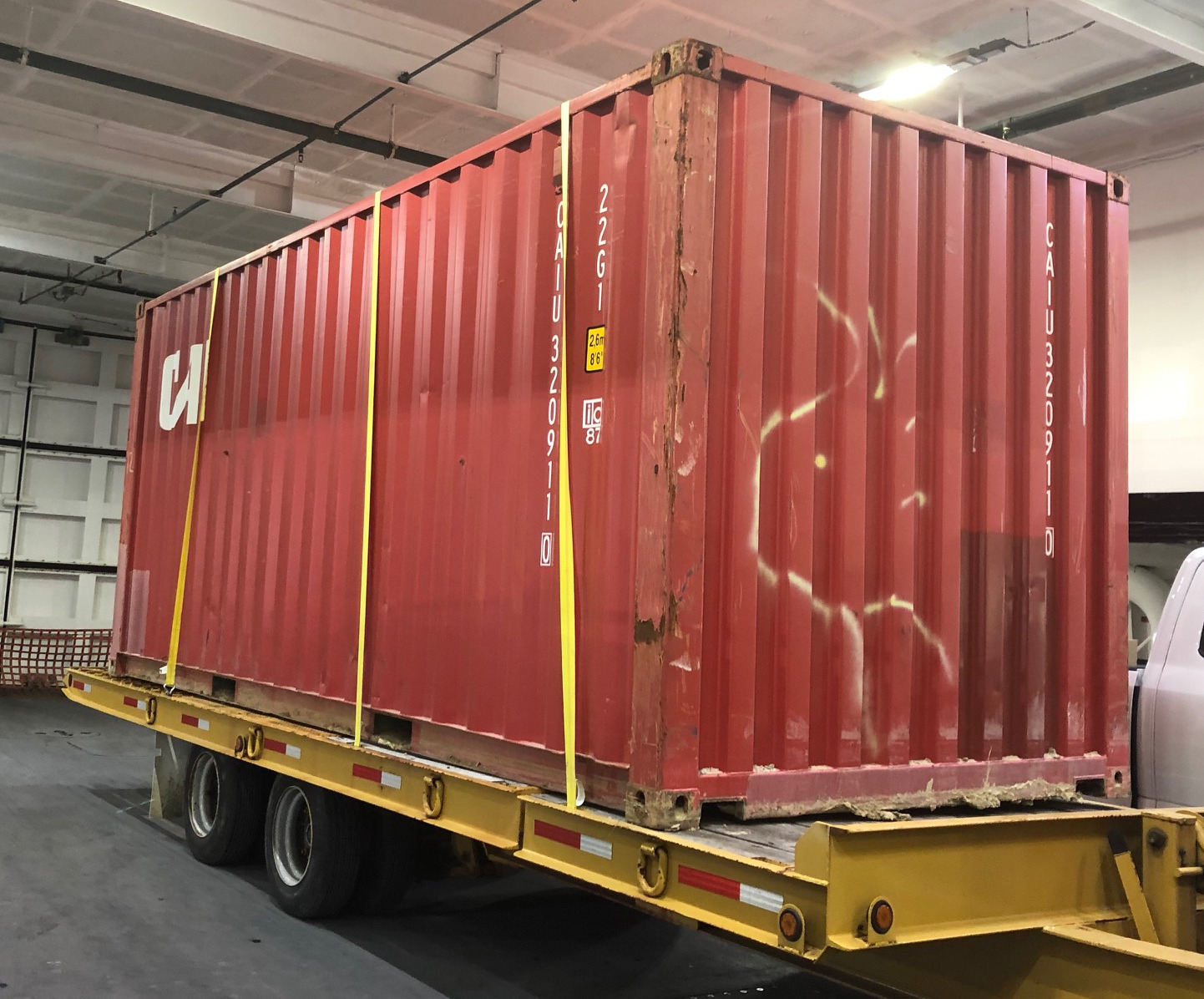Prototype Information: Given the prevalence of 40 foot containers in the global shipping/maritime industry, the 20 foot container was a logical choice for smaller cargoes. Given that exactly two 20 foot containers can stack on or be stacked on a 40 foot container, these little brothers are a no-brainer for smaller loads. Cargo ships specially designed for 40 foot containers can usually handle these smaller units without specialized loading equipment or facilities.
Dry containers are meant for non-refrigerated goods and hence are the most common type.
Corrugation in the construction of these containers yields much greater strength (just like with corrugated cardboard for boxes) but is more expensive to fabricate. Due to the extra strength granted by the corrugation, this is a popular type for overseas use.
Dry containers are meant for non-refrigerated goods and hence are the most common type.
Corrugation in the construction of these containers yields much greater strength (just like with corrugated cardboard for boxes) but is more expensive to fabricate. Due to the extra strength granted by the corrugation, this is a popular type for overseas use.
Road/Company Information: Allied Waste Industries, Inc. was a Fortune 500 company headquartered in Phoenix, Arizona. A vertically integrated company that owned and operated solid waste collection businesses, recycling facilities, and landfills, it was a leader in the solid waste industry in the United States. It served more than 10 million residential, commercial and industrial customers across 128 major markets in 37 states and Puerto Rico.
After purchasing Houston-based giant waste hauler Browning-Ferris Industries (BFI) in 1999, together with private equity firms The Blackstone Group and Apollo Management., Allied Waste Industries, Inc. became the second largest non-hazardous solid waste management company in the United States (behind industry leader Waste Management, Inc.), with annual revenues of over $5 billion and assets of nearly $14 billion.
On June 23, 2008, Allied was purchased by its smaller competitor Republic Services, Inc for US$6.1 billion. The merged company, retaining the Republic name, has become the second largest non-hazardous solid waste management company in the United States.
From Wikipedia
After purchasing Houston-based giant waste hauler Browning-Ferris Industries (BFI) in 1999, together with private equity firms The Blackstone Group and Apollo Management., Allied Waste Industries, Inc. became the second largest non-hazardous solid waste management company in the United States (behind industry leader Waste Management, Inc.), with annual revenues of over $5 billion and assets of nearly $14 billion.
On June 23, 2008, Allied was purchased by its smaller competitor Republic Services, Inc for US$6.1 billion. The merged company, retaining the Republic name, has become the second largest non-hazardous solid waste management company in the United States.
From Wikipedia
Brand/Importer Information: In 1924 Stephan Schaffan, Sr. founded the Atlas Tool Company in Newark, New Jersey. In 1933 his son, Stephan Schaffan, Jr., came to work for his father at the age of sixteen. Steve Jr. built model airplanes as a hobby and frequented a local hobby shop. Being an enterprising young man, he would often ask the owner if there was anything he could do to earn some extra spending money. Tired of listening to his requests, the hobby-store owner threw some model railroad track parts his way and said, "Here, see if you can improve on this".
Atlas has made a ton of wonderful products throughout the years and we often get questions one whether we have run a certain road name on a particular model. It should be noted that Atlas locomotives and rolling stock are greatly appreciated for their superior operating and running characteristics. Atlas products are also well known for their outstanding collectability not only due to their superior prototypical workmanship, details and decoration, but because there are relatively so few of them made. Each and every production run has been carefully built to market demand, meaning almost every piece in any given run is sold out by Atlas on arrival or shortly thereafter, thus creating a built in collectors market.
Atlas has made a ton of wonderful products throughout the years and we often get questions one whether we have run a certain road name on a particular model. It should be noted that Atlas locomotives and rolling stock are greatly appreciated for their superior operating and running characteristics. Atlas products are also well known for their outstanding collectability not only due to their superior prototypical workmanship, details and decoration, but because there are relatively so few of them made. Each and every production run has been carefully built to market demand, meaning almost every piece in any given run is sold out by Atlas on arrival or shortly thereafter, thus creating a built in collectors market.
Item created by: devsummers428 on 2019-10-14 14:34:51. Last edited by devsummers428 on 2020-05-07 00:00:00
If you see errors or missing data in this entry, please feel free to log in and edit it. Anyone with a Gmail account can log in instantly.
If you see errors or missing data in this entry, please feel free to log in and edit it. Anyone with a Gmail account can log in instantly.


